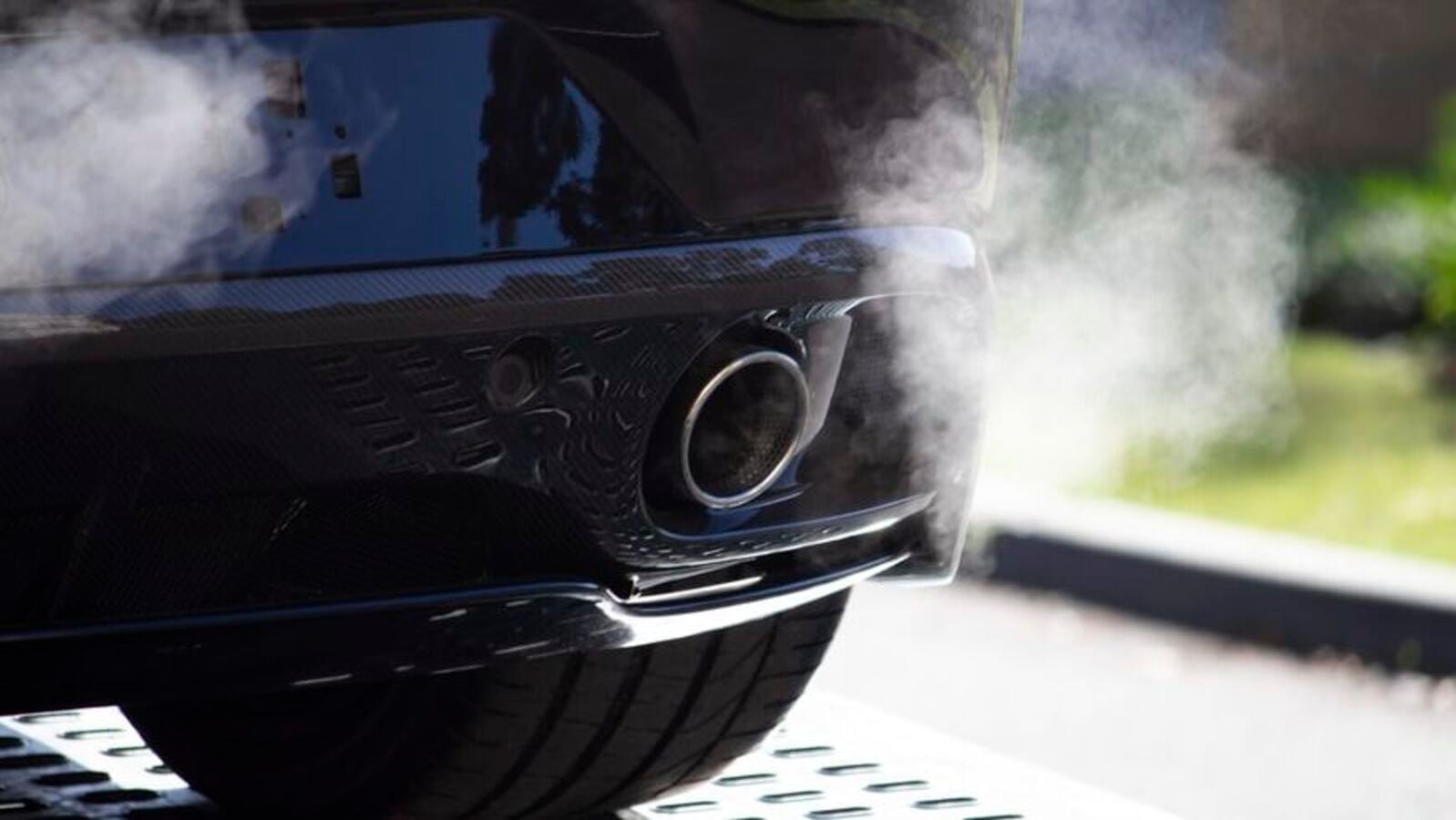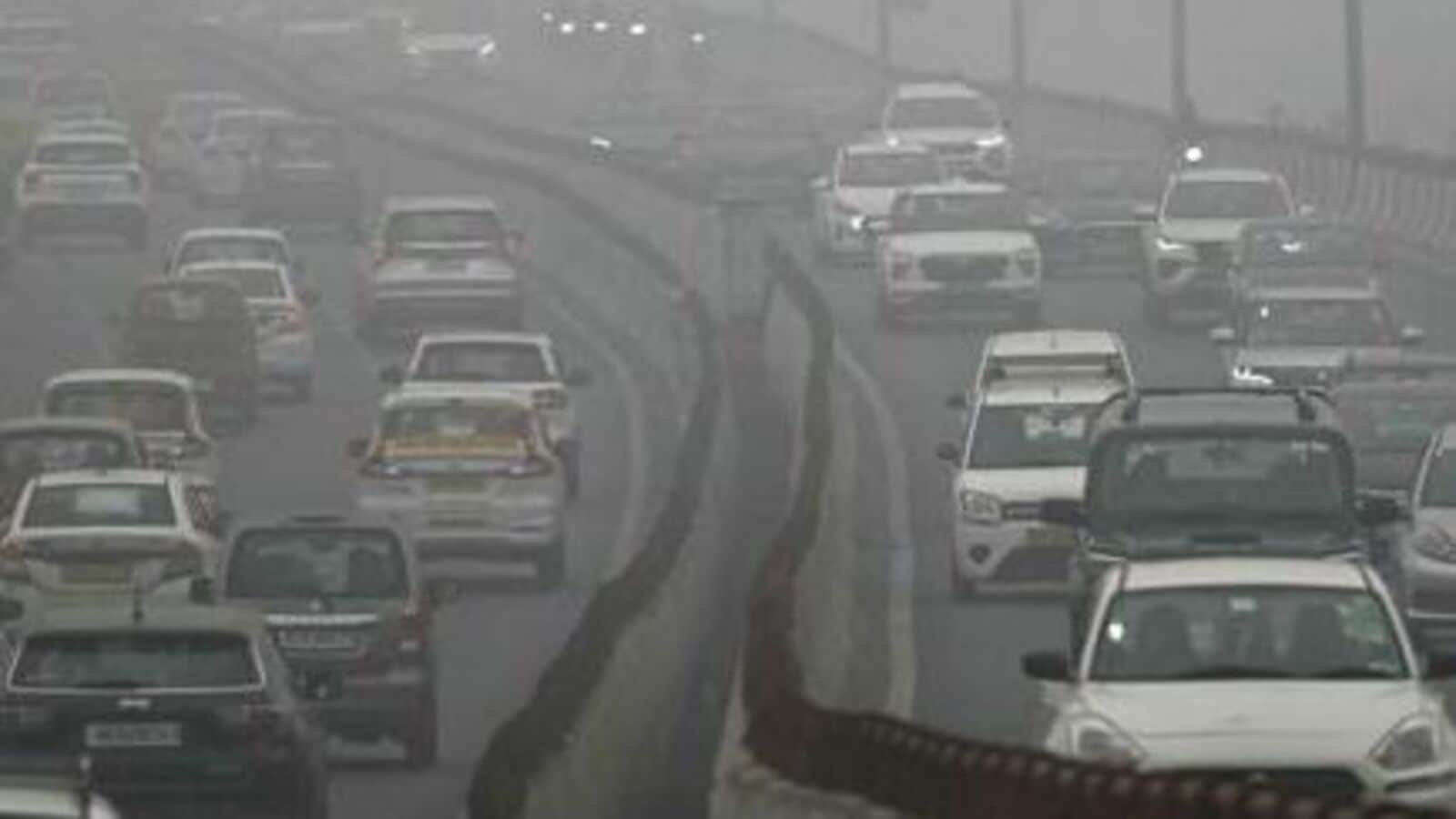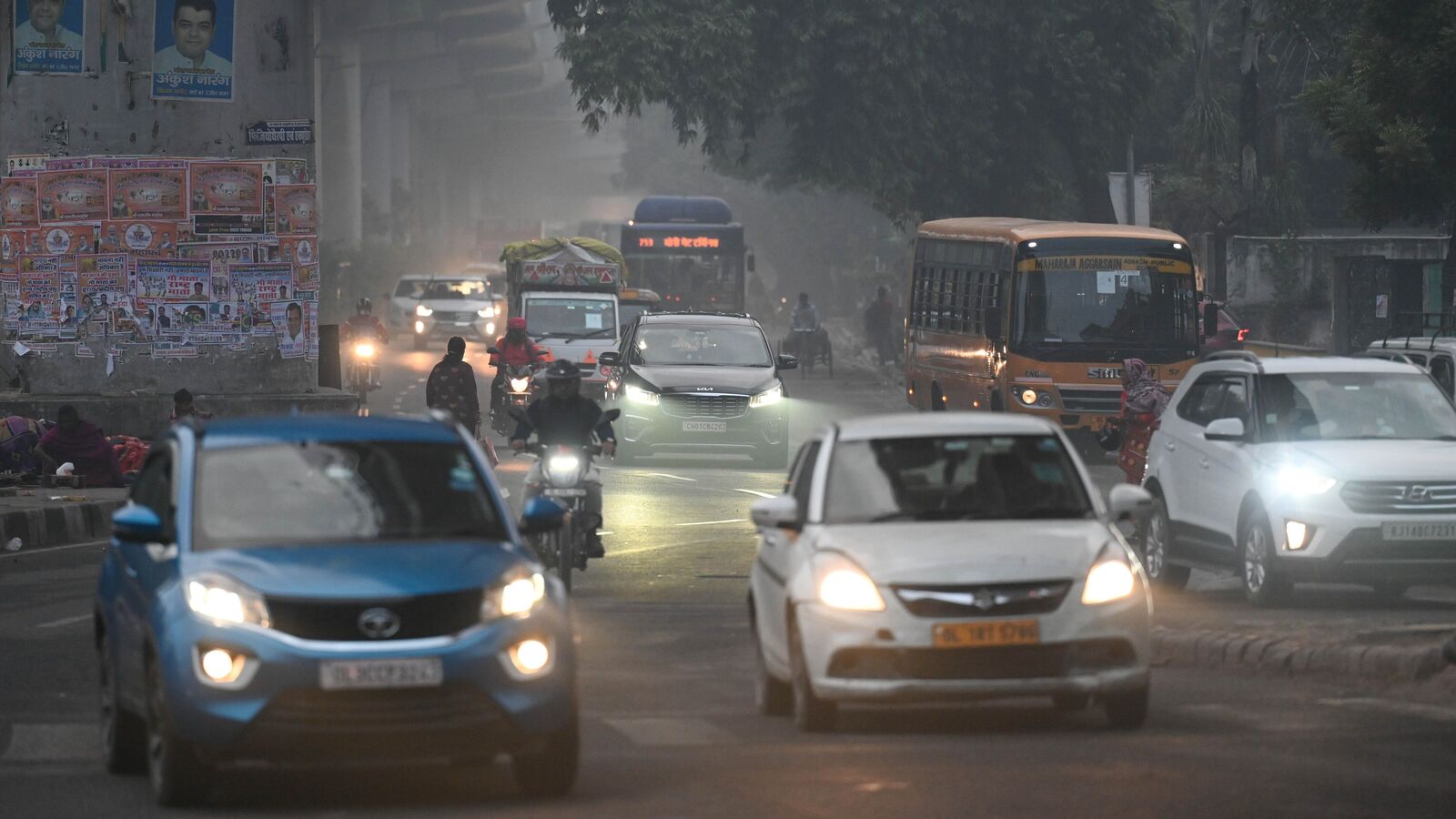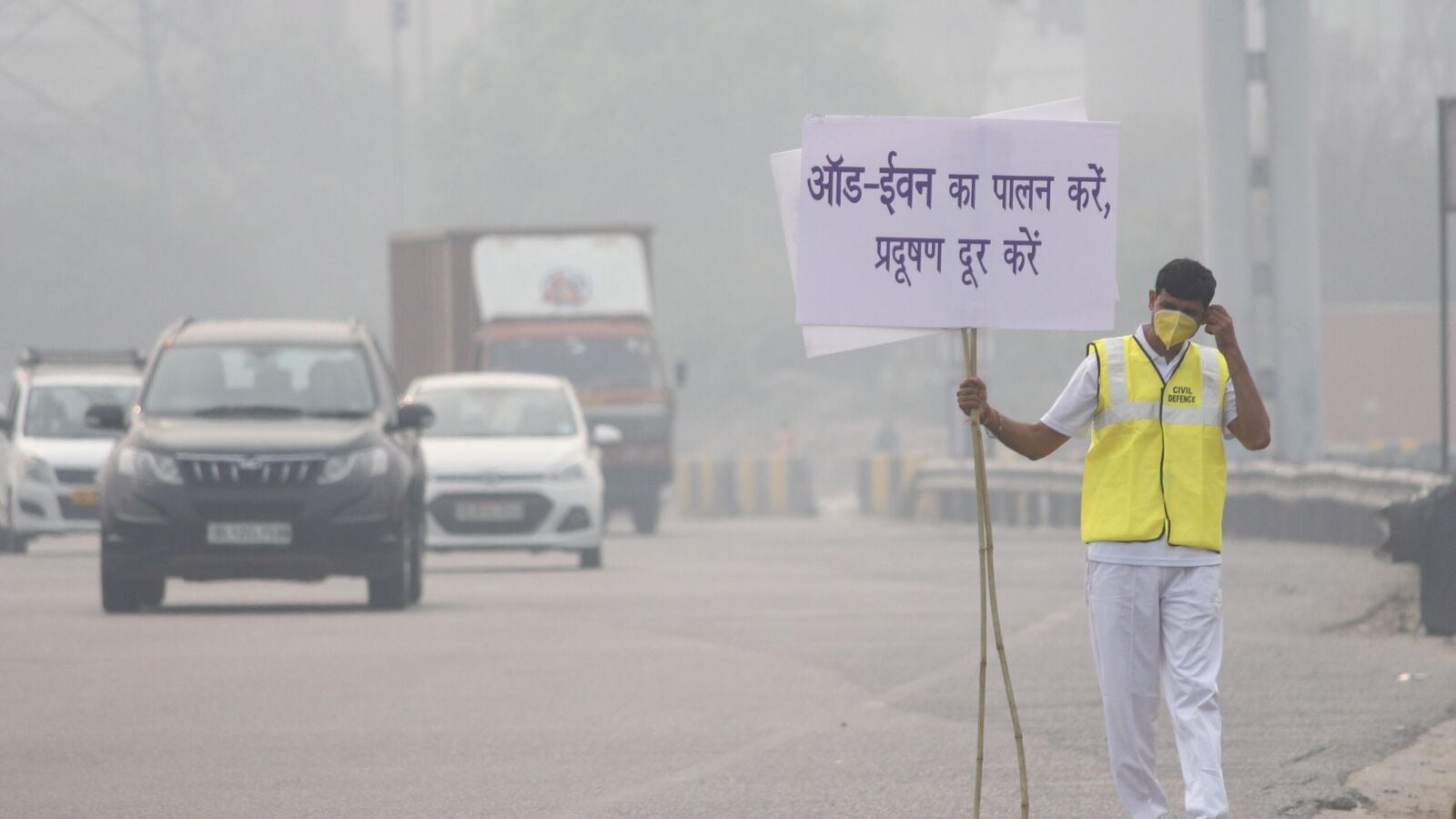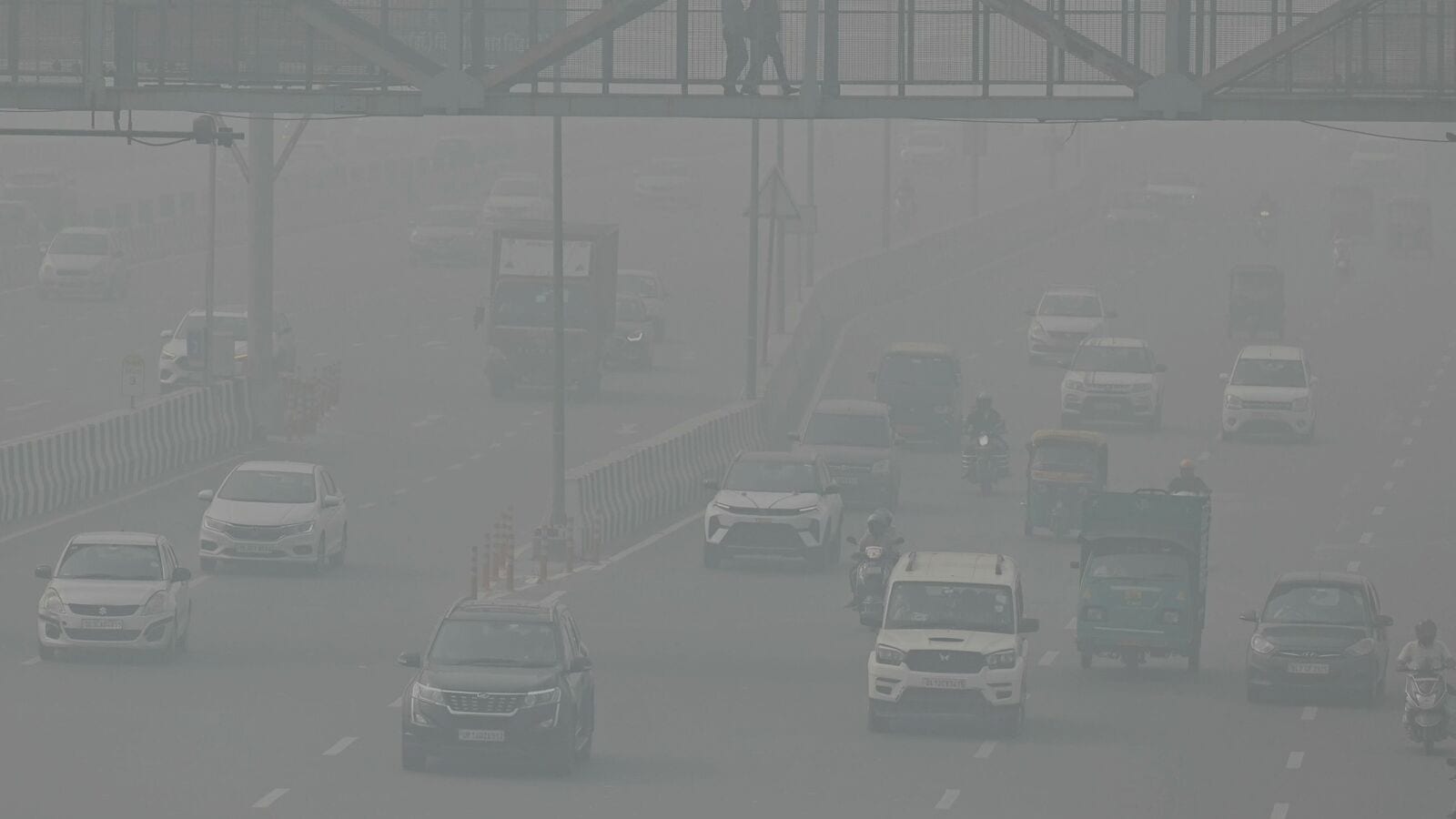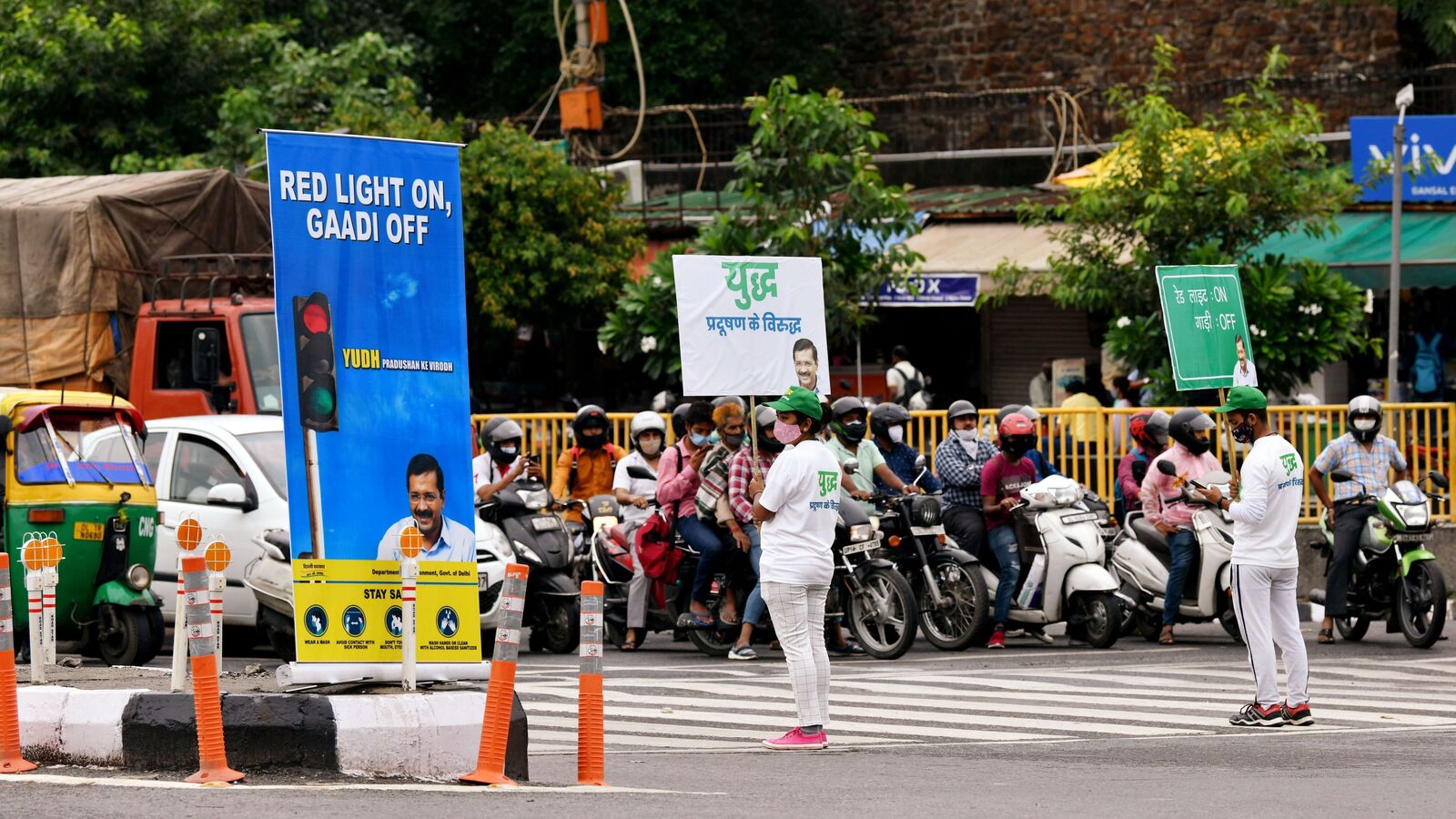This report has come at a time when the northern part of India, especially Delhi and its surrounding areas, is in the grip of severe pollution and the AQI level is in the severe to severe plus category. Authorities have imposed restrictions on vehicular movement to curb pollution, including banning BS-III petrol and BS-IV diesel cars on the roads until further notice. This report is also important because Union Minister Nitin Gadkari said that India cannot reduce pollution unless its dependence on fossil fuels like petrol and diesel is reduced.
CAFE Criteria Emissions Fines: Who Pays How Much?
According to the report, three major carmakers Hyundai, Mahindra and Kia may have to pay a major share of the emission penalty. 7,300 crores. Hyundai may have to pay almost the highest fine! 2,837 crore, about 60 per cent of the annual profit earned in FY 2023. Mahindra may also have to pay the price While another Korean auto giant Kia may face Rs 1,788 crore Fine of Rs 1,346 crore. Emission penalty divided into two slabs A fine of Rs 10 lakh has been fixed for each 50,000 or A fine of Rs 25,000 for each vehicle manufactured during the financial year.
CAFE norms emission penalty: Car makers object
Neither carmaker has released any official statement regarding the emissions penalties they may face. Car manufacturers have urged the Center that it would be inappropriate to reconsider imposing the new CAFE norms on vehicles manufactured throughout the financial year. The new CAFE norms, set by the Bureau of Energy Efficiency under the Union Power Ministry, were introduced in 2022 but were implemented from January last year. The Center has not yet released the CAFE norms report for FY 2022-23 and discussions are underway among stakeholders to get more clarity on the objections raised by carmakers.
Also See: Mahindra BE 6e, XEV 9e Electric SUV Launched – First Look
What are CAFE criteria?
The report said eight carmakers, including Skoda, Renault, Nissan Motor and Force Motors, failed to comply with CAFE norms in the last financial year. CAFE norms, which were first introduced in India in 2017, are a set of rules that limit the amount of carbon dioxide emitted by a carmaker's fleet in a financial year. The rules were revised in 2022 with stricter norms. It states that all fleets should not consume more than 4.78 liters of fuel per 100 kilometers and carbon dioxide emissions should not exceed 113 grams per kilometer.
Get information about upcoming cars in India, electric vehicles, upcoming bikes in India and cutting-edge technology that is changing the automotive landscape.
First publication date: 28 November 2024, 09:53 am IST

